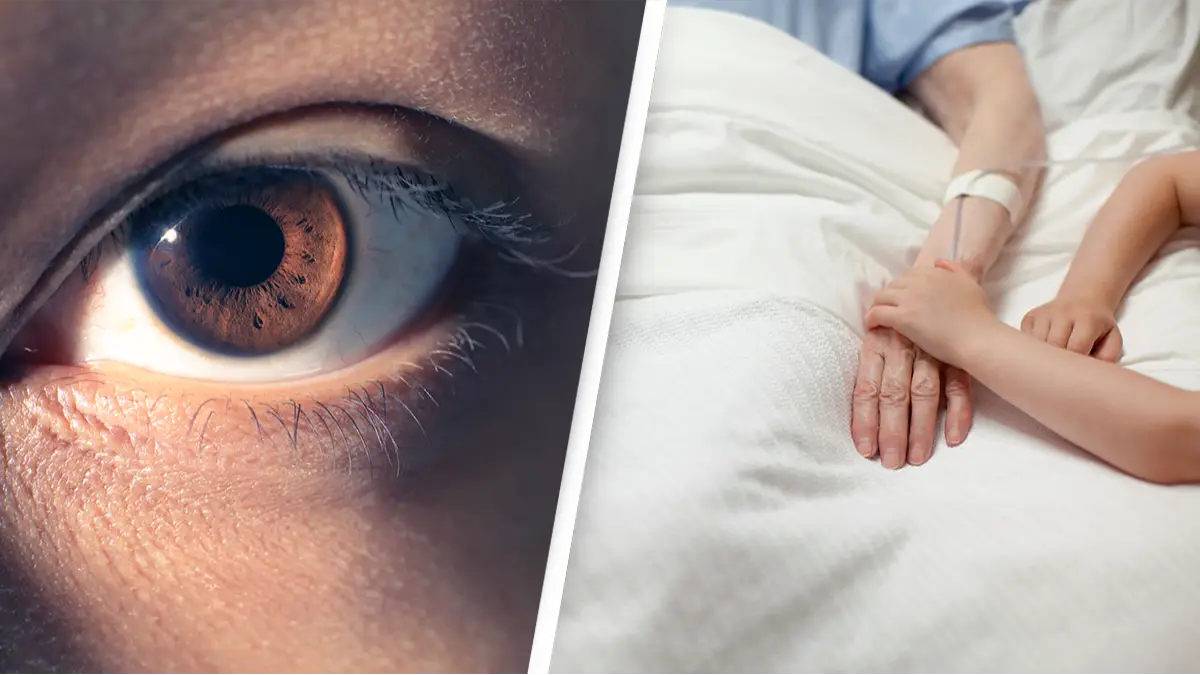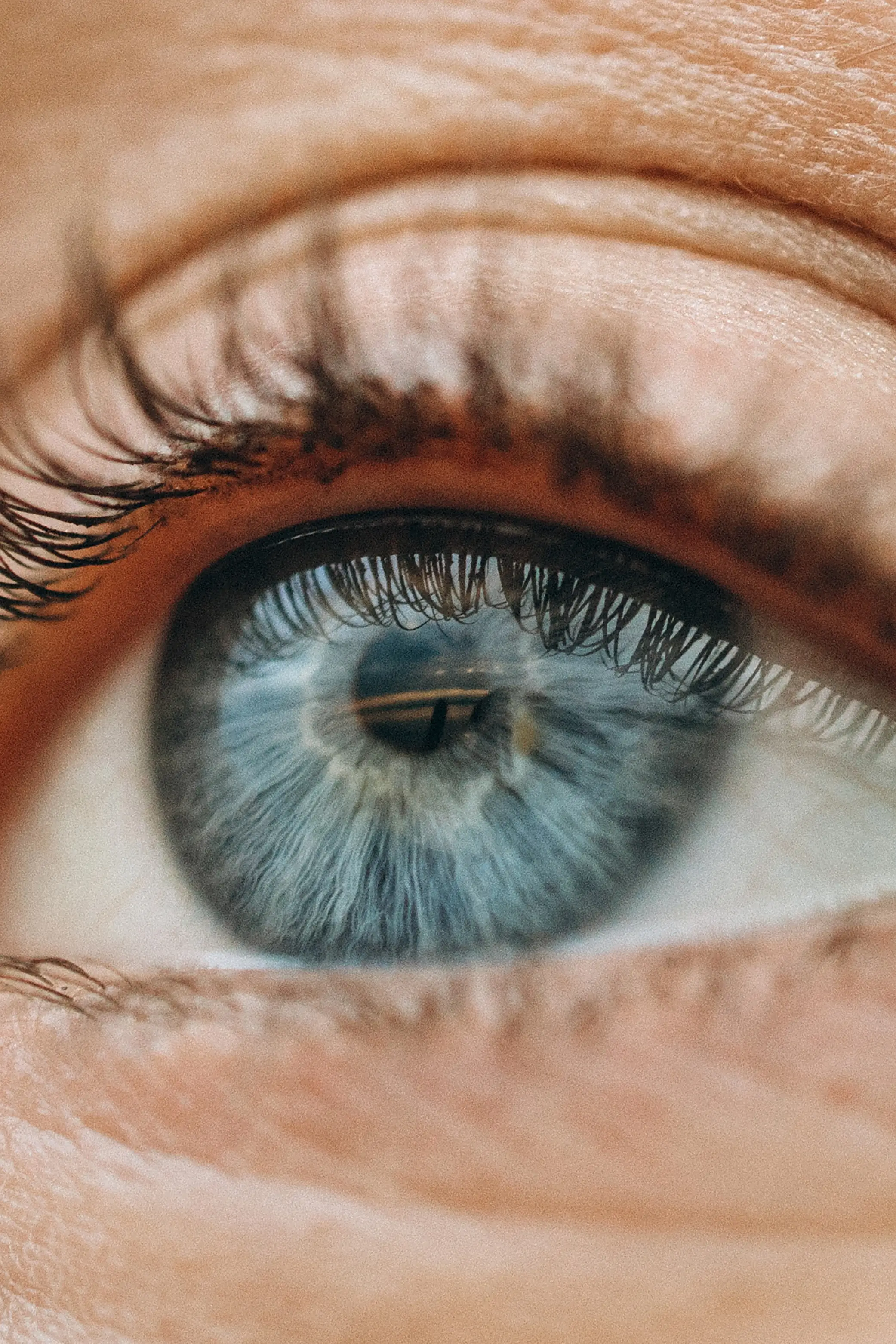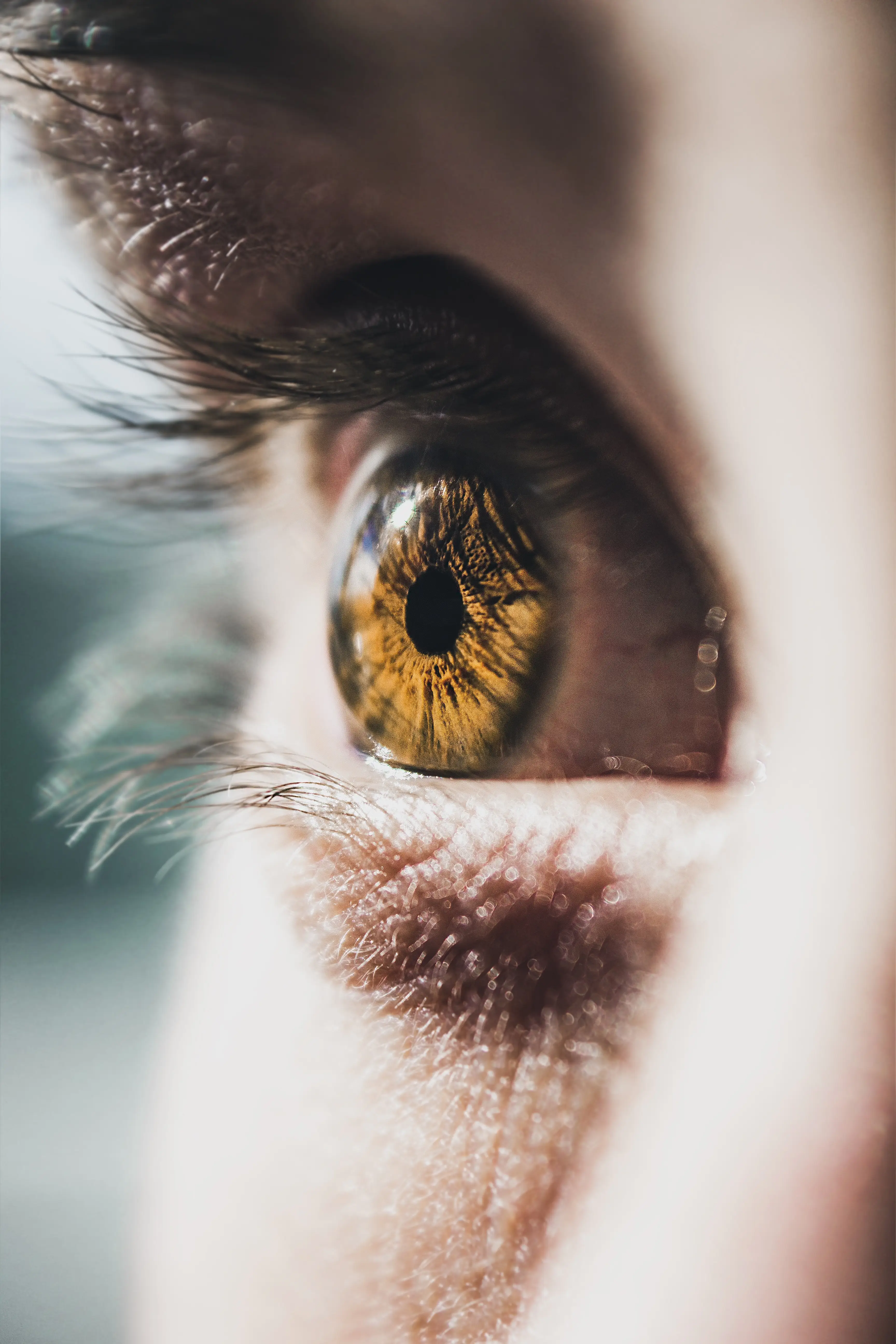
So turns out death doesn’t necessarily mean ‘the end’. Well, at least not for every part of all of us. Because what about the parts some of us choose to leave behind?
Through organ donation, lives of others are able to be saved and treated from the likes of donated kidneys and livers to hearts.
However, we don’t really tend to think about donating all the parts of our body.
When we die, and our organs don’t get oxygen, tissue from the central nervous system quickly become non-viable.
Advert
But some very clever scientists may just have an answer for this tissue issue.

A study published in the journal Nature is aimed at looking into just how neurones die and if there are potential ways to bring them back to life.
To do this, they used a pair of eyes from an organ donor.
Fatima Abbas of the John A. Moran Eye Centre at the University of Utah lead this study where they were able to get cells in the eyes responding to ‘bright light, colored lights, and even very dim flashes of light’ within five hours of getting them.
The scientists used human retinas to model the central nervous system and say their new discoveries will: “Enabl[e] transformative studies in the human central nervous system, rais[e] questions about the irreversibility of neuronal cell death, and provid[e] new avenues for visual rehabilitation.”
They realised they hadn’t before been able to get cells in every different layer of the central (dead) retina to communicate in the way a living one would because of the lack of oxygen.
So, study co-author, Frans Vinberg, came up with a genius transportation unit to restore oxygenation (plus other nutrients) to an organ donor’s eyes taken within 20 minutes of death.

Another invention of his also allowed the team to get the first ever recorded ‘b wave’ signal from the central retina of postmortem human eyes.
These b waves are a type of electrical signal to do with the retina’s inner layers.
So managing to record these means there was communication again – just like eyes have when we’re alive.
"We were able to make the retinal cells talk to each other, the way they do in the living eye to mediate human vision,” Vinberg explained.
Study co-author, Hanneken, also added: “Going forward, we’ll be able to use this approach to develop treatments to improve vision and light signaling in eyes with macular diseases, such as age-related macular degeneration.”
So those alive struggling with their vision could be helped too.
“The scientific community can now study human vision in ways that just aren’t possible with laboratory animals,” said Vinberg. “We hope this will motivate organ donor societies, organ donors, and eye banks by helping them understand the exciting new possibilities this type of research offers.”
So basically, they just need more eyes to work on now.